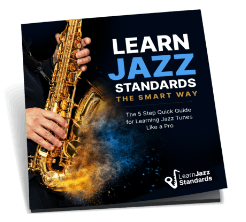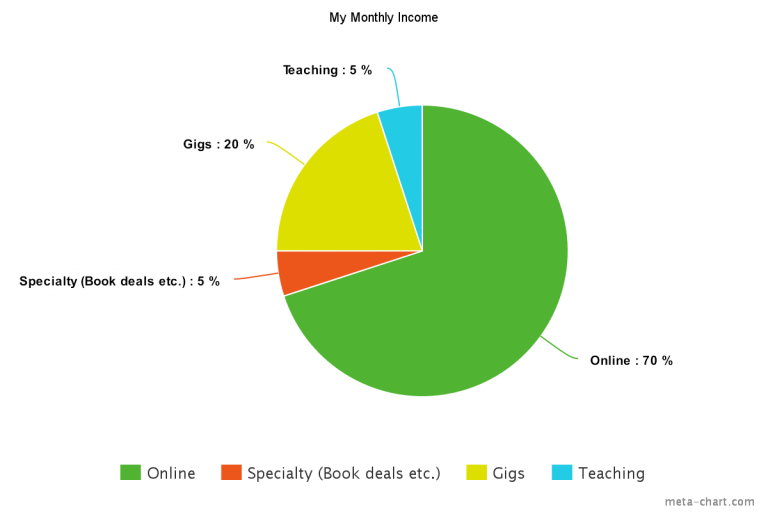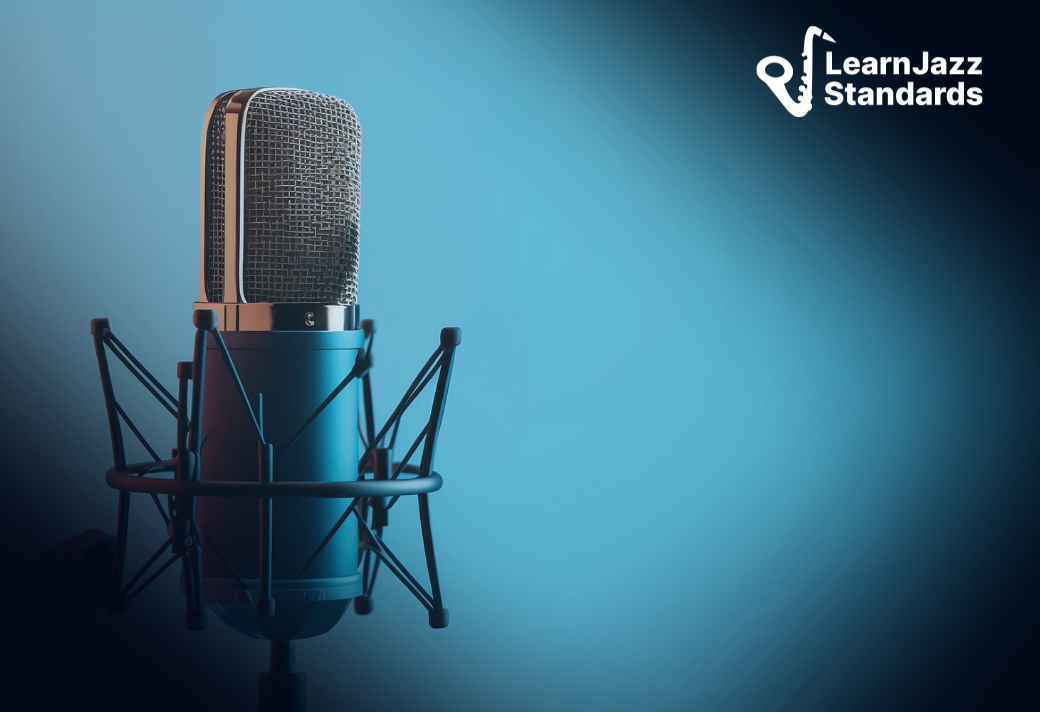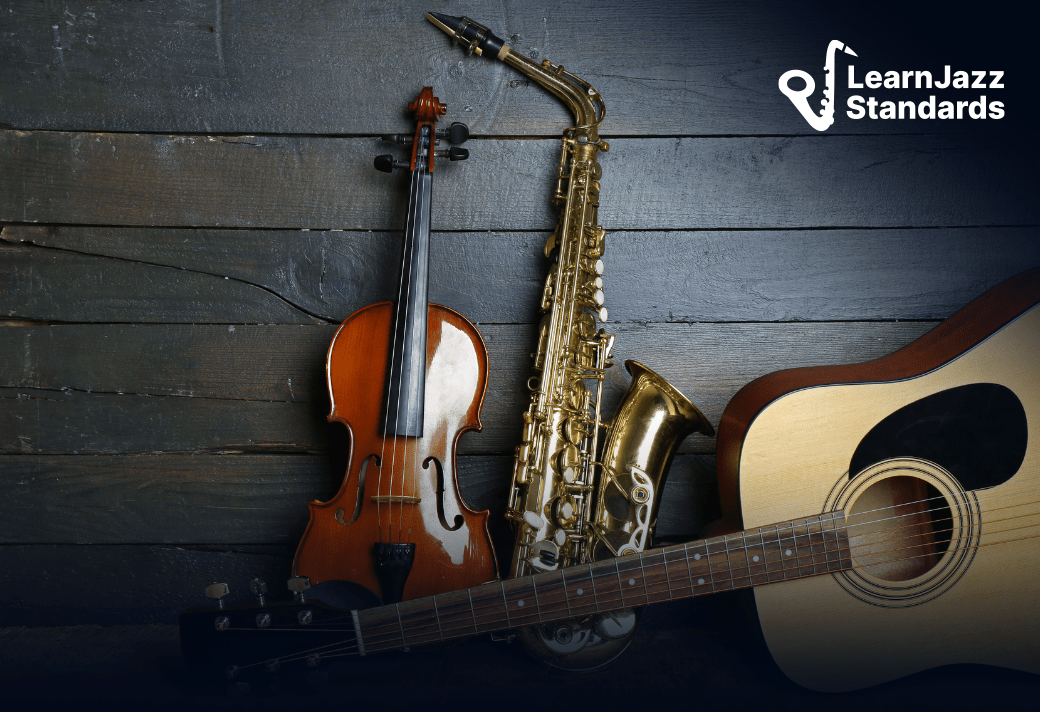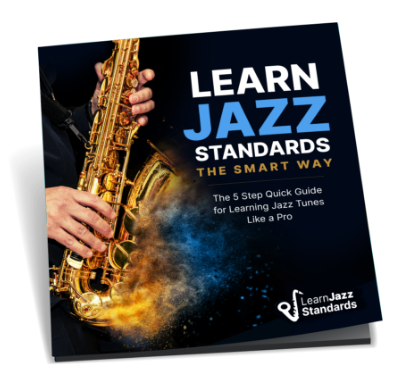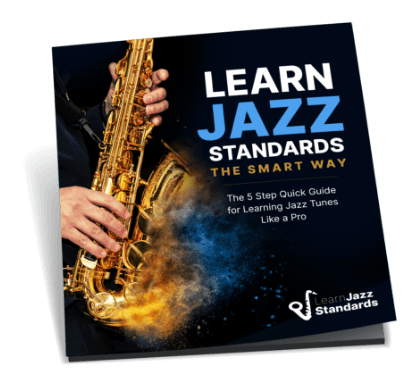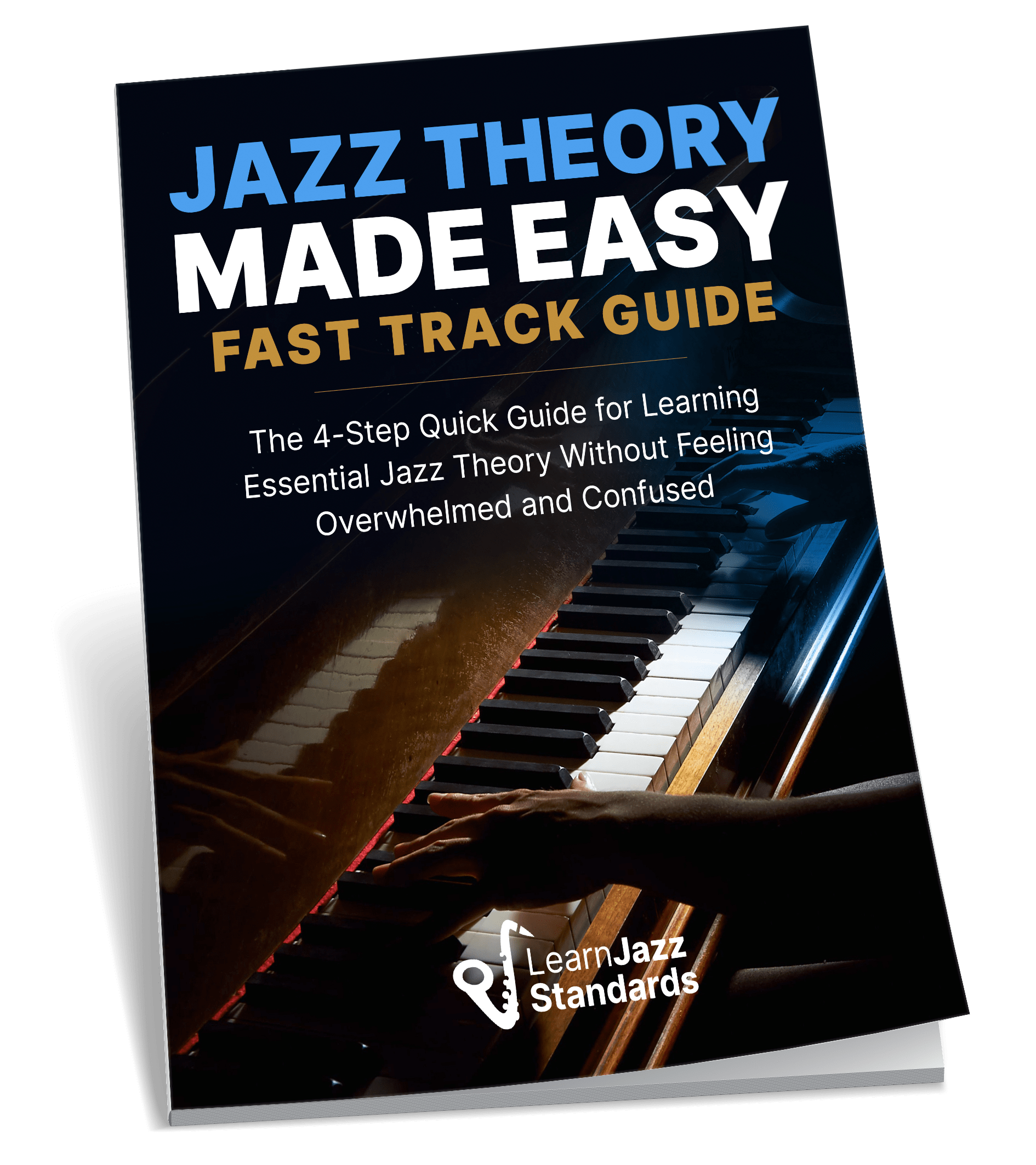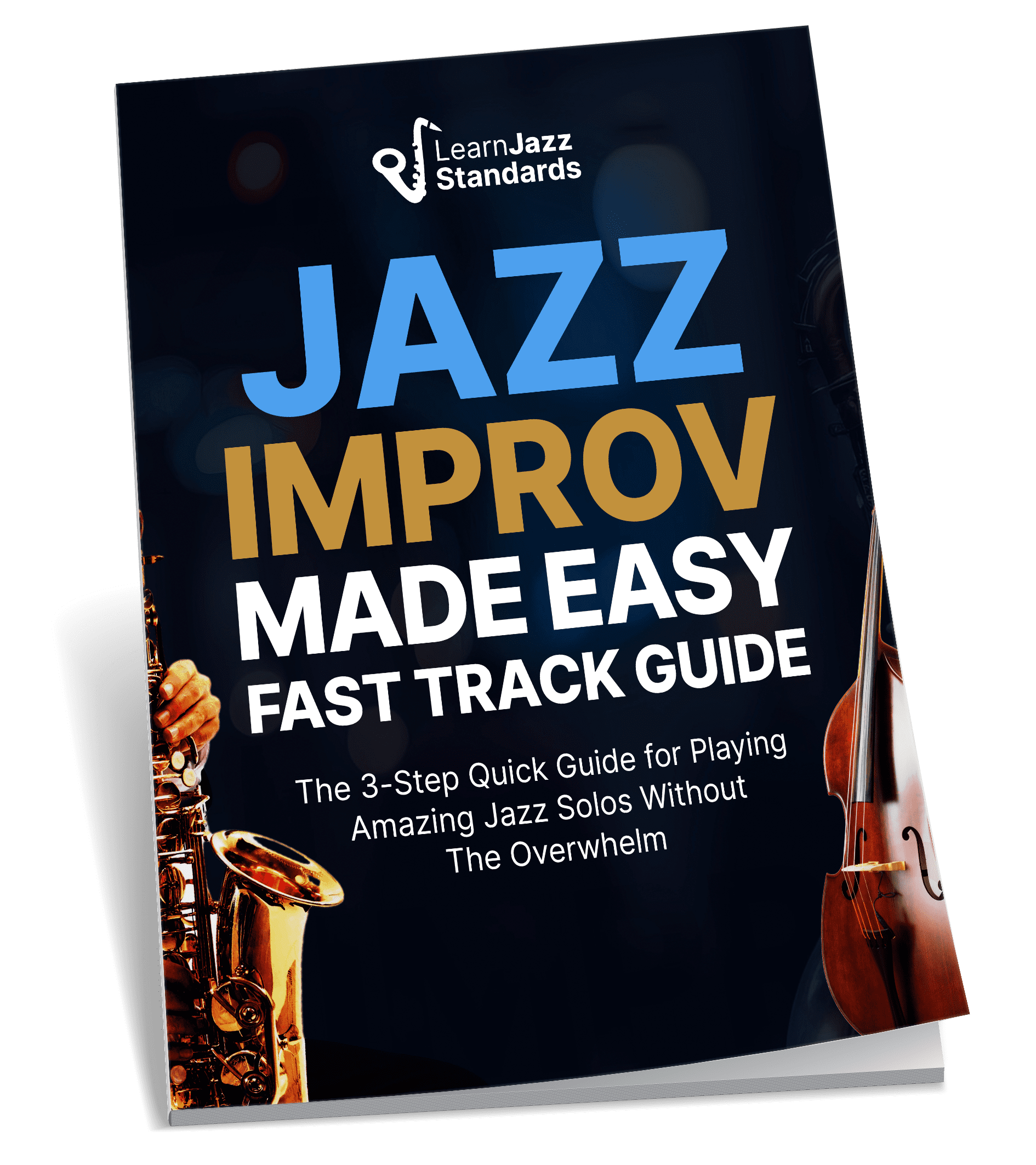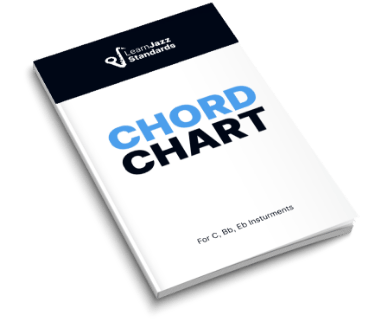I get emails from readers from time to time, asking me if they should pursue music as a profession. They always start by telling me how passionate they are about music and how they long to do it for a living but aren’t sure if they can live a comfortable life doing so.
I always decline to give them a straight answer. Certainly, I’m not the one who should be influencing their big life decisions. I can only tell them the pros and cons, and the truth of its challenges.
I am a professional musician. Specifically, I’m a professional jazz musician, because I deal almost exclusively with the realm of jazz. I can tell you that it has been hard to get to where I am today, but it has also been incredibly rewarding.
What does it mean to be a professional?
It’s relatively simple. It means music is my profession, my primary source of making an income. Now, music can be a great side hustle. I talk about that in this podcast episode. But being professional means you pay your bills with it.
Being professional also means you are qualified.
This is an obvious conclusion. The same as a full-time mechanic, chef, nurse, janitor, engineer, accountant, or fisherman has to be qualified for the work, so does a professional musician.
Common misconception:
A professional musician has to be exceptionally talented. Wrong. A professional musician has to be qualified and to be qualified you have to be good at what you do. You need the skills that are required for the jobs a musician can fulfill.
What does a professional musician do?
In a lot of the emails I get, the writers seem to be talking about music performance as a means to make a living. And while that’s part of it, and playing music is a motivator to some degree, that’s not what being a professional musician is for 95% percent of us. I’ll talk about this further as I go along.
Becoming a professional musician isn’t the impossible dream that some make it out to be. It only seems that way because they have the wrong idea about how to become a professional musician. They defined it wrong. They didn’t understand that the profession comes in many different forms and the one they were thinking of only a small percent can achieve.
So how do you become a professional musician? Outside of the obvious elements like networking and being qualified, here’s what you need to start thinking about:
1. Put creativity to the side and become a business person.
I have seen many of my peers fail and succeed. Was it that the ones who failed weren’t talented? Not even close. In fact, some of the most talented ones failed. They couldn’t pay the bills.
One of the most common deficiencies I observe in musicians is a lack of business sense. If you don’t want music to be about money, then make it your hobby. Don’t be a professional musician. But if you want to succeed as a professional, it’s time to get your business chops together.
Have a product to sell. And by the way, that doesn’t just have to be your music. It can be your lessons, your books, your subscription service, your music teachers handbook, your app, your course, your wedding band. I don’t care what it is, just have a product to sell.
But don’t just have a product to sell, know how to market it. If it’s your music, figure out how you are going to sell it. Don’t wait for people to hear it. They won’t come to you; you have to go to them.
Get out of the practice room, reduce the amount of time you spend being creative and start selling. If you don’t like that idea, you might want to think twice.
2. Diversify your income streams.
When it comes to music, the fewer income streams you have, the harder it gets. Making all of your money in one spot can be tough. This applies especially to those who try to make a living by strictly performing. The music economy can barely support this, and that’s why only a very small percentage of millions of musicians can accomplish this.
In an article I published last year, I shared this diagram of my income streams:
My income streams have changed slightly since a year ago, but more or less this is a fair representation.
Notice that I have 4 broad income streams listed. I do some teaching of private lessons, I play gigs every week, I’ve been writing books for Hal Leonard for the last several years, and then my main income stream is online, which in itself has a lot of different streams.
All of these musical income streams make up my total. If I took away one of them, I would need to change my game up.
But this is just mine. If I were to make charts of some of my colleagues, it would look very different. Often, their revenue streams would be more equal. Or perhaps my “online” is their “high school band” gig.
What would your revenue streams look like?
3. Make education a serious consideration.
There is always a demand for people wanting to learn something. And if you are a qualified musician, that means you have something to offer someone.
Sure, there is a demand for music as entertainment. But the modern music economy isn’t so friendly to those trying to make money exclusively on album sales or live performance. But music education is never going out of demand.
If you want to be a professional musician, being some kind of teacher should be a top consideration as one of your revenue streams. The upside is it’s an honorable thing to pass the joy of music on to others!
4. Be open minded.
A lot of musicians have a hard time opening themselves to other opportunities in the music field other than the one they originally had in mind.
The honest truth is I never thought my main income stream would be from online music education. But an opportunity came up, a door opened, and I went through it. I’m glad I did.
Perhaps for you, it’s the genre of music you play. I’m fortunate that I mainly stick to the music I’m passionate about, jazz. It just worked out that way for me. But I also enjoy when I get called for a rock or pop gig.
Whether it’s the style of music or income stream, be open minded to every option.
5. Think like an entrepreneur.
This isn’t a mandatory item, but it can help. Try to think outside of the box. Maybe a lot of people are teaching private lessons in your city, and the market is saturated. How will you get enough students to pay the bills?
Get creative. Build a solution that will make your musical product or service stand out from the others. Make it remarkable.
Leah McHenry is a Celtic, Fantasy Metal singer/songwriter. Try that for a niche! But guess what, she makes a full-time living off of her music, and she doesn’t even tour. In fact, as of now, she’s never been on tour.
She’s built up a tribe of fans in her niche that love her music and are willing to pay an annual fee to get special access and perks. Many of her fans don’t even live in the same continent she lives in.
She also has an educational revenue stream to balance this out. That’s called getting creative and thinking outside the box.
6. Have perseverance.
There’s no sugar coating it. Becoming a professional musician is not easy. A lot of people say they want to do it but so few go through with it. Why? Because it takes time and effort, not to mention it comes off as riskier than more traditional careers.
If you’re not willing to put in a lot of time and effort before you see real results, you may be entering into the wrong field. Depending on the revenue streams you choose, sometimes a career in music can take longer to achieve. You have to be willing to sweat.
A music career rarely gets handed to you, and a lot of times it doesn’t look like a 9-5 job. You have to want it, and if you truly want it, good things may be coming your way.



